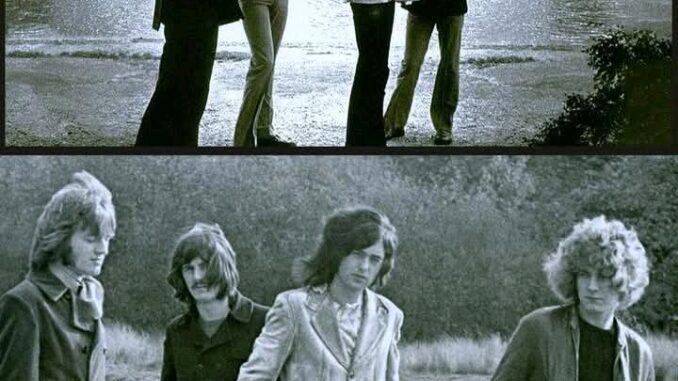
Led Zeppelin’s music transcends time, place, and genre — it feels elemental, as if channeled from something deeper than mere creativity. Listening to them is like encountering a primal force: wild, unpolished, yet extraordinarily precise. It’s not just that they mixed blues, rock, and folk; it’s how they did it — with a fearless curiosity and reverence for tradition that somehow resulted in the utterly untraditional. Songs like “Kashmir” and “Stairway to Heaven” unfold like epics, not because of their length or ambition alone, but because they evoke a sense of journey and transformation. Each track feels like a portal to a world of its own.
What made Zeppelin unique wasn’t just their musicianship — though that was unmatched — but their ability to marry the mystical with the physical. Robert Plant’s vocals seemed summoned from another realm, while Jimmy Page’s guitar work was sorcery in sound. John Paul Jones added texture and intelligence, and John Bonham, with his thunderous drumming, grounded it all in raw power. Their music held tension and release, shadow and light — the sacred and the profane.
Even now, their songs don’t simply play; they resonate, as if still unfolding new truths. Led Zeppelin didn’t just redefine what rock music could be — they revealed what it always had the potential to become. Their work stands not as a monument to a bygone era, but as a living, breathing testament to music’s capacity to stir the soul and ignite the imagination.
Leave a Reply